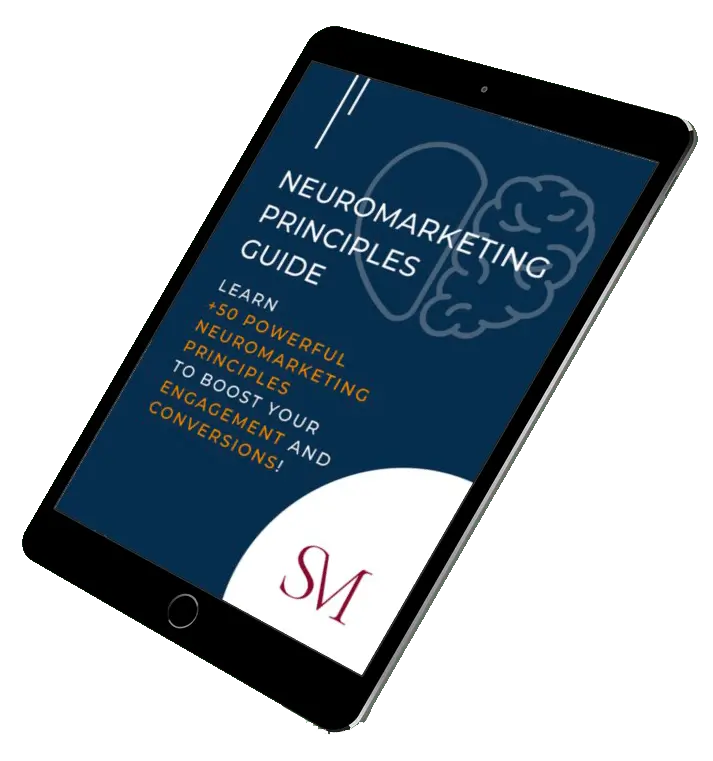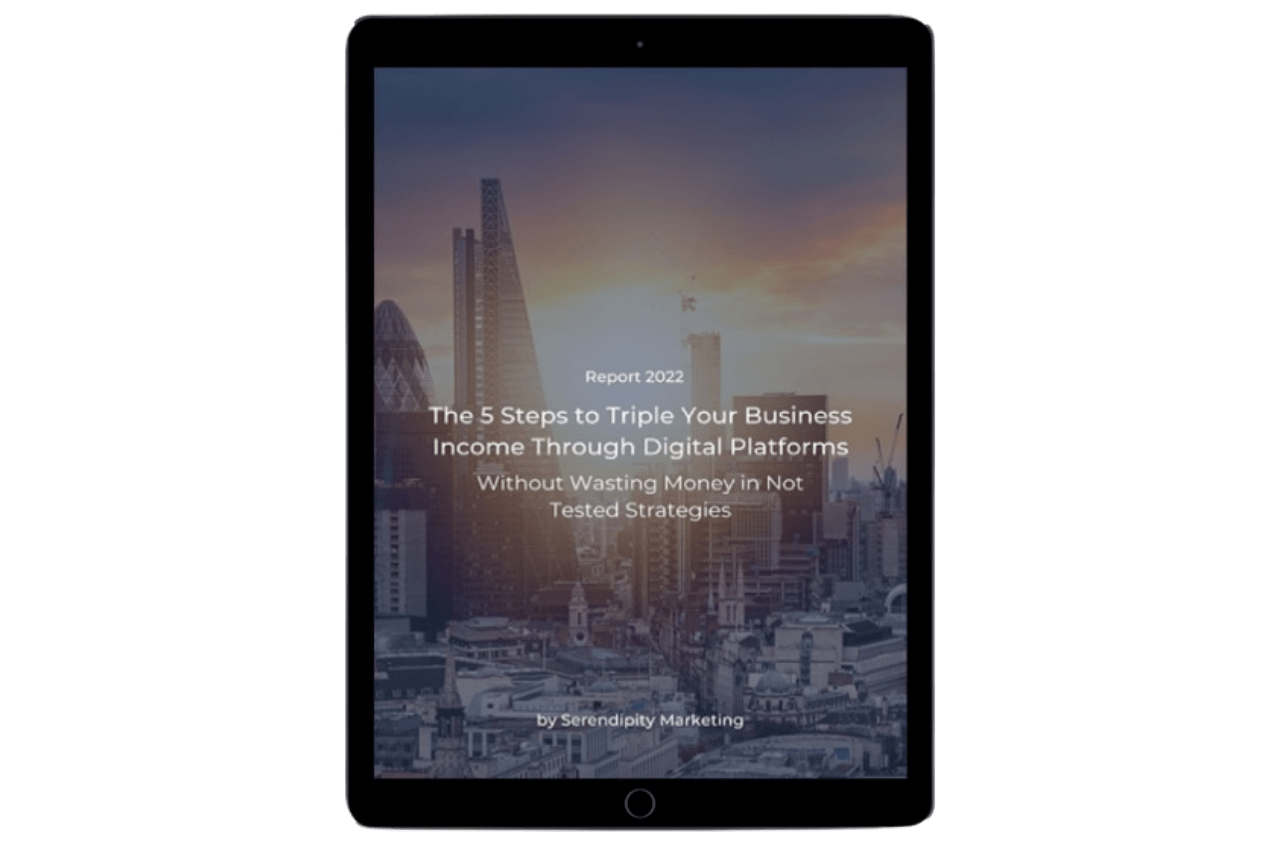
What if you have a last-minute meeting in a different city? Or maybe what if you are simply looking for great accommodation for your next holiday?
Whether you need a hotel quickly or you have plenty of time, there is one place you probably check out.
I am sure you heard of Booking.com and if you don’t check on it often, you probably did it in the past.
And this website is surely one of the first choices most people would take a look at if in one of those situations.
For those of you who may not know, Booking.com is an online booking website that features over 1 million properties globally.
That’s because it is one of the booking websites with the highest conversion rate.
And how do they manage to have such a high conversion rate on their website?
Worth taking a look at it, isn’t it?
It all comes from persuading their audience through neuromarketing techniques and principles implemented in their marketing and communication strategy.
These persuasion tactics are based on neuroscience principles, often referred to as neuromarketing principles.
To put it simply, neuromarketing is the marketing area that utilises neuropsychology in studying consumers’ cognitive and sensitive responses to marketing stimulations.
It basically is committed to understanding what’s behind consumers’ purchase decision making and their responses to marketing stimulations in order to apply this information to empower marketing communication.
The way neuromarketing uses this information is through specific techniques and principles able to stimulate the desired driving emotions influencing positively consumers’ decision making.
Depending on the business and its specific target audience the driving emotions are different.
Your business is unique and so is your target audience.
At first, get to know your ideal clients at a deep level and then use the information to empower your marketing communication through the right neuromarketing techniques.
If you don’t analyse your audience first, the risk is to use techniques that are not as efficient for your audience or stimulate the wrong driving emotions making your ideal customers bounce back.
If you want to learn more about how to uncover your audience driving emotions and behavioural patterns, click here to see our audience analysis full guide.
In this article, I am going to show you 4 neuromarketing techniques that Booking.com uses efficiently to increase its conversion rate.
1. Cognitive Ease
It basically is the tendency to choose the simplest and easiest to process.
Cognitive Ease is the ease with which the human brain processes information. This level of ease stimulates the emotional reasoning system and impacts how positively we feel about something. To make it simple, the easier the better.
If it is easier, it means that everything is fine, and the brain doesn’t need to utilise further energy to activate the rational reasoning system.
This means that the users avoid questioning and feel comfortable with the things they see. This stimulates the emotional system which is the reasoning process influenced by emotions.
At this point, making the right positive emotional impact results to be incredibly effective as all the cognitive barriers are down, which gets reflected in a major information reception and higher persuasion to take the action your marketing strategy wants the audience to take.
How is Booking.com using this principle?
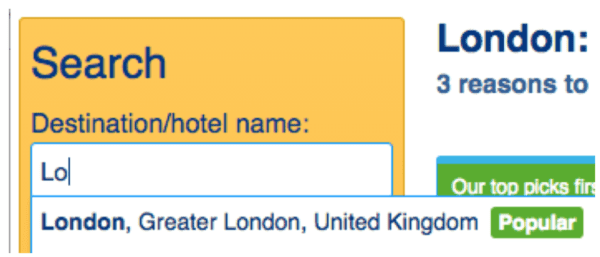
When a user starts to type the desired destination into the search bar, the platform immediately offers relevant search suggestions.
For example, as per the image above, when typing “Lo…” it suggests the option of “London”.
This lowers the amount of cognitive effort required, easing things down. If this facilitation is available, no one wants to type the entire word “London” — That’s more effort.
2. Loss Aversion
Booking.com empowers their marketing strategy by using psychological negative incentives. And they are masters in that.
They basically show potential customers the consequences of their not taking action.
You have to think that most people tend to prefer avoiding losses rather than acquiring equivalent gains.
This psychological behavioural pattern is called Loss Aversion.
It is basically the tendency to give more importance to a loss than a victory of the same value.

Booking.com is well aware of it, and therefore, they show their audience the hotels that they have just lost as they are taking time before reserving a room.
This is done to put pressure on their potential customers to take action and convert as soon as possible if they don’t want to miss other opportunities.
Learn +50 Powerful Neuromarketing Principles to Boost Your Engagement and Your Conversions
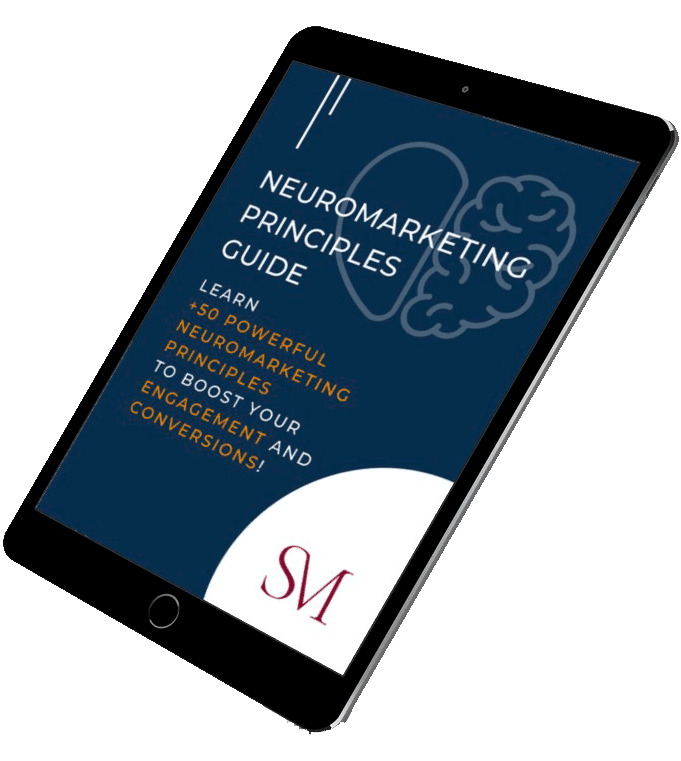
3. Scarcity
Scarcity is another technique used to put pressure on their potential clients to take action as soon as possible.
Booking.com utilises these kinds of principles because the main driving emotion to lead their audience to book hotel rooms is making them feel a sort of fear/anxiety in the sense that if they take time, they might not be able to get the same offer.
This psychological principle is based on the tendency most people have to value more those opportunities, contents, or products/services which are rare or seem to be a small number.
Booking.com uses this technique by showing their audience options where there are only a few rooms available at the same price.

This principle gets empowered by an additional neuromarketing technique, which takes us to the next point.
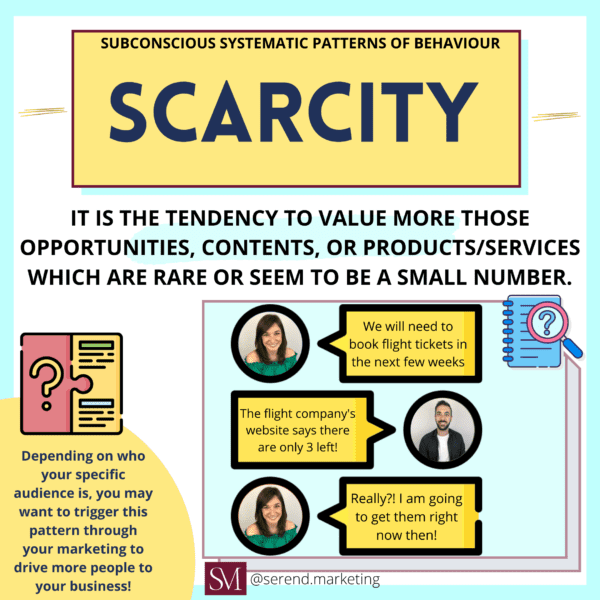
4. End Anchoring
The Anchoring effect represents how people utilise the first piece of information they get as a point of reference for making judgments about the following pieces of information.
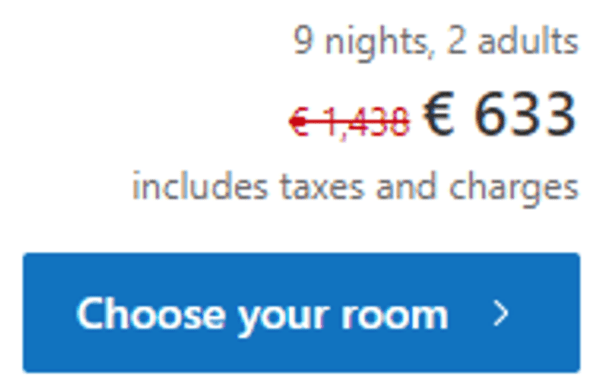
Booking.com cleverly displayed the price before the discount (€1438) so that it can work as an anchor. The final price of €633 looks much more generous when €1438 was the initial price and the point of reference.
In case of the absence of €1438 as the initial price, €633 would work as the anchor — and now the price per night doesn’t seem as generous anymore, does it?
All these techniques are very powerful if used in the right way. And Booking.com proves this very greatly.
The combination of these principles works very well for Booking.com. However, it doesn’t mean that it will work the same for your business.
If you want neuromarketing to work as efficiently for your business as well, it all must begin with a deep analysis of your audience, defining your buyer persona, and knowing it from an intimate point of view.
Get to know their problems, desires, behaviour, and emotions, and, only afterwards, design a detailed strategy empowered by the right neuromarketing techniques.
This is the only way to make the real difference and make neuromarketing works for you as well as it does for Booking.com.
Learn +50 Powerful Neuromarketing Principles to Boost Your Engagement and Your Conversions

How can you use the right neuromarketing strategies to increase your business conversion rate?
SM Agency is considered a leading full-service digital marketing agency London brands can benefit the most from by using neuromarketing techniques to empower digital marketing strategies.
We rely on the latest tech innovations and partner with cutting-edge data providers like AeMotion to precisely uncover audiences' emotional drivers and motivators along the sales journey. AeMotion offer the only neuroscience-based, tech-enabled data analytics service that enriches campaigns with non-verbal patterns for precise subconscious understanding and higher customers' value growth.
Getting such reliable data about audiences' behaviours and psychological profiles allows us to build more effective strategies and use the best neuromarketing techniques to get the most positive impact and create strong connections with customers - allowing us to be considered one of the leading internet marketing agency London ventures use for neuromarketing informed strategies and marketing services.
Thanks to our unique approach, SM Agency services are requested by businesses of any industry looking for an expert digital marketing agency, London-based with international exprience to provide services in English, Spanish, and Italian and market their brands in the UK, Euripe, and US, delivering profits growth.

